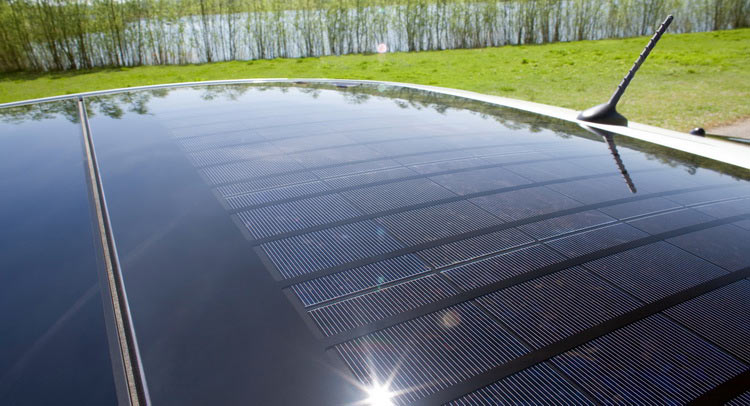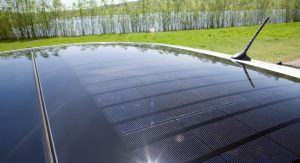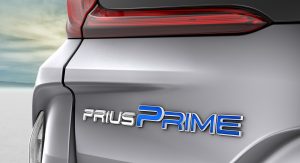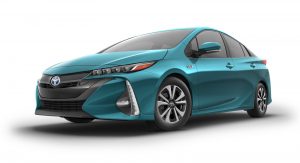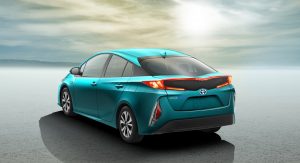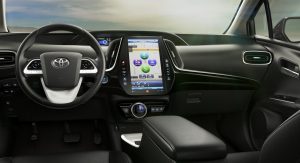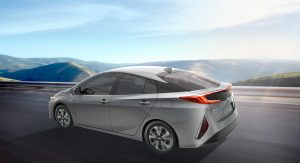Toyota’s next Prius plug-in hybrid will be an even more fuel efficient car thanks to a rooftop solar panel that will recharge its batteries.
The cells will charge the vehicle even when parked and can supposedly boost fuel efficiency by as much as 10%, allowing for longer EV running times. Additionally, the solar panels can also supply electricity to a number of accessories and systems such as lights, power windows and even air conditioning.
Customers in the US however won’t get to initially enjoy these benefits as the technology will only be offered in Japan and Europe. After a while, as stated by chief engineer Koki Toyoshima, the Japanese automaker will bring the panels to the US as well.
The main issue is that the panels themselves are laid on top of reinforced glass sheeting that doesn’t pass stringent rollover crash tests carried on in America, and according to Toyoshima, Toyota has yet to succeed in laminating the photovoltaic cells in a resin that won’t shatter in case there is a serious crash and the car rolls over.
As reported by Autonews, the automaker is currently at work on a solution to introduce the solar panels in the US during the car’s lifecycle – the model is called the Prius Prime in the US (Prius PHV in Japan), where the plug-in version is set to arrive this fall.
“We would like to introduce this, at least in the lifetime of the current model,” said Toyoshima during the car’s Japan debut. “It should be possible to do a lot of charging this way in places like California or Arizona.”
Toyota has yet to announce if the solar panels will be a standard feature on the car or an optional extra.







